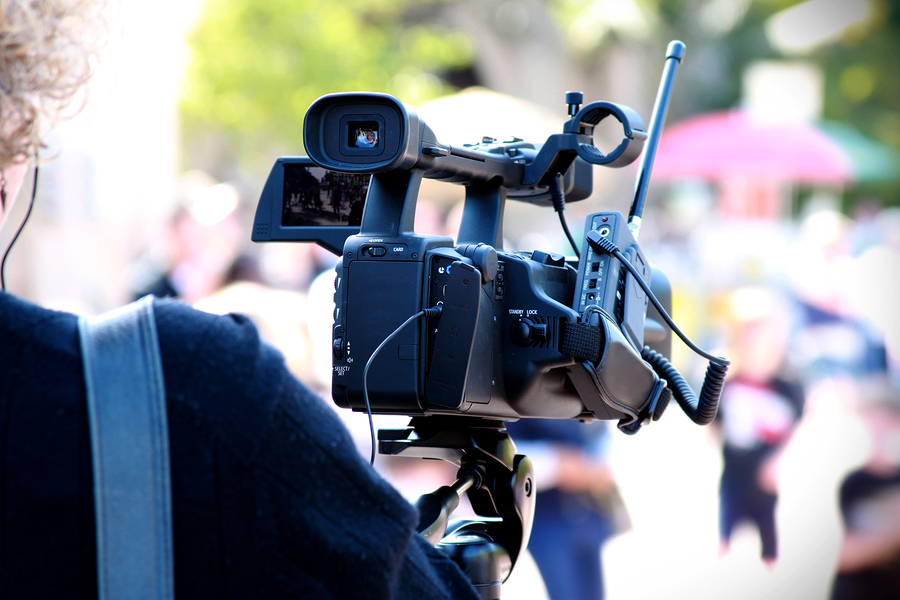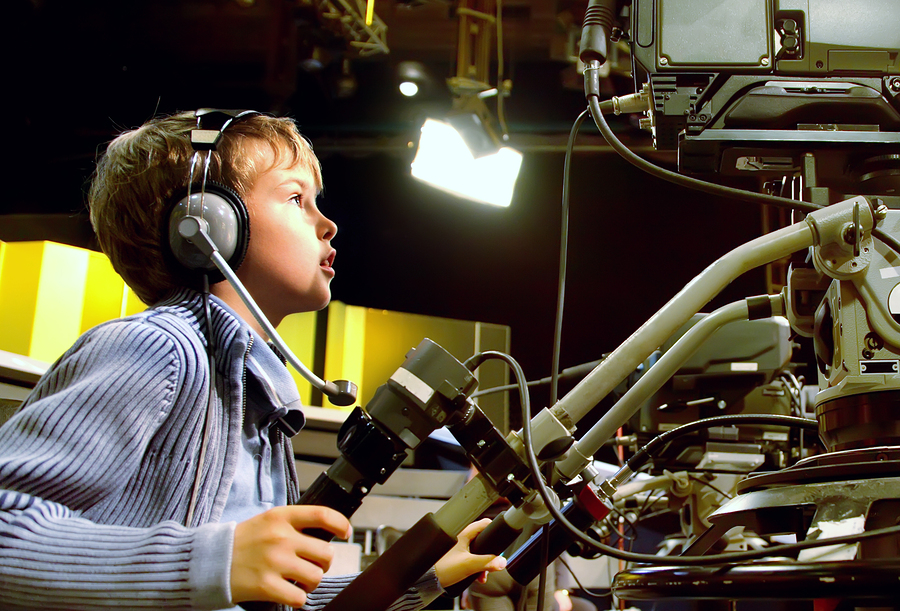Howdy netizens! I bet you have started your day scrolling in Instagram and Whatsapp stories or have gone through a spree of Snapchat and Tiktok video suggestions. Each day countless video content grabs your attention, and it is evident enough to prove the dominance of virtual videoes.
Social media marketing is where leading brands lock horns these days with their catchy advertisements. The ultimate goal is to cover up the millennials and i-generation tweeps and to taunt them to be their long term potential customers.
The days when a video production company used torrid horizontal shooting techniques are no more. Availability of budget smartphones and video recording gadgets like go-pro have simplified and revolutionized the people's perspective of making a quality video and advertising a product. Display boards, hoardings, and even standout advertisements have changed the orientation, from 180° to 90°.

Might you think that's a downgrade? Definitely no!
Why Opt For a Vertical Video For my Advertising?
Before we sneak in more on the pros and cons of vertical videography, it’s a must to know the basics. A video shot on portrait mode with an aspect ratio of 9:16 than the usual 16:9 is called a vertical video. These types of content are taller than being wide. Vertical videos are shunned mainly by professionals before the arrival of Generation-Z.
It's convenient and easy to operate mobile in a single hand when held in portrait mode, and this is why vertical videos generate more traffic.
With most of the motion pictures in existence sincerely following the culture of horizontal video-shoot and telecast, like cinemas and tv shows, it's going to be a tough task to adapt to this latest trend. The sudden spike of popularity for vertical content forced social media behemoths like facebook, youtube and Instagram to alter their source codes. And as a result, the viewers are guaranteed an immersive video experience.
Thus, the conceptualization of vertical content for marketing also becomes a grand success from being left out and sulked.
Ups and Downs of Vertical Video
Thumbs Up For
- Easier one hand accessibility.
- Higher audience reception due to smartphones.
- Vertical display boards and posters are more spacious and deliver the advertisement crispy.
- Leading the standards of picturization with the broad aspect ratio of 9:16.
- It provides a unique style and naturally appealing outlook.
- Less investment and higher ROI.
- Enhancing creativity and quality of vlogging.
- No sophisticated imaging device is required. You can even shoot with an excellent mobile phone.
- Vertical video easily fits in any social media platforms.
Thumbs Down For
- Limiting the field of vision. Needs quick visual adaptability for a new user.
- Vertical shooting limits the application of angles and sceneries.
- Highly challenging and required a lot of effort.
- Some video players don't work with this format, and hence they can't fit in in some scenarios.
- Lack of space for a broad message to be displayed.
- It looks poor and terrible if proper technique is not employed.
- Not suitable for wide-angle coverage.
The Takeaway of Vertical Video Syndrome
Though there are many claims that vertical videos are not friendly, they are still the most engaging format in social media. As intense as the social platform, video production companies choose vertical videos as an efficient method to express their market presence of their clients. And this is where Myoho stands out as a phenomenal Melbourne Video Production Agency.
Myoho is a team of creative nerds creating impactful marketing vlogs and no wonder they have managed an enormous customer base over a short span. If you need to know more about vertical video advertising and how they can benefit your business, you can schedule a strategic phone call from their experts. You can also visit their website for more details.

 Log in with Facebook
Log in with Facebook 






